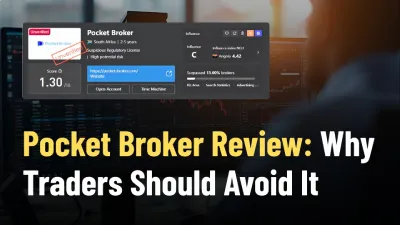Abstract:TradingView, a social trading and charting platform, recently expanded its collaboration with UK-based brokerage Spreadex to incorporate spread betting functionality, as announced on Tuesday.

TradingView, a social trading and charting platform, recently expanded its collaboration with UK-based brokerage Spreadex to incorporate spread betting functionality, as announced on Tuesday.
With this integration, TradingView users can now seamlessly access spread betting features directly from TradingView's charting interface while logged into their Spreadex brokerage accounts.

TradingView, with a vast user base exceeding 30 million globally, integrates with various data feeds to grant users access to over 1.3 million financial instruments worldwide. The company has experienced robust growth in recent years as retail traders increasingly turn to social trading platforms.
Spreadex, established since 1999, is a reputable provider of contracts for difference (CFDs) and spread betting services. Spreadex joins a growing roster of brokers collaborating with TradingView to offer trading capabilities directly through the platform's advanced charting interface. Noteworthy partners include FxPro, Oanda, and AMP Global.
To utilize spread betting through TradingView, users need to log into their Spreadex brokerage account via the trading panel and look for symbols prefixed with “SPREADEXSB:” in the platform's symbol search function. This enhancement adds to Spreadex's existing range of tradable instruments on TradingView, encompassing index CFDs, stock CFDs, and currency pairs.

Spread betting and trading CFDs both involve speculating on the price movements of various assets without owning the underlying asset. However, there are key differences between the two. In spread betting, investors bet on whether the price of an asset will rise or fall within a certain time frame, with profits or losses determined by the accuracy of the bet and the size of the market movement. Spread betting allows investors to profit from both rising and falling markets and is often exempt from certain taxes, such as stamp duty and capital gains tax. On the other hand, trading CFDs involves buying or selling contracts based on the price movements of assets, with investors entering into contracts with a broker to exchange the difference in the value of the underlying asset between the time the contract is opened and when it is closed. While both spread betting and trading CFDs offer opportunities to profit from market movements, they differ in their mechanics and tax implications.












